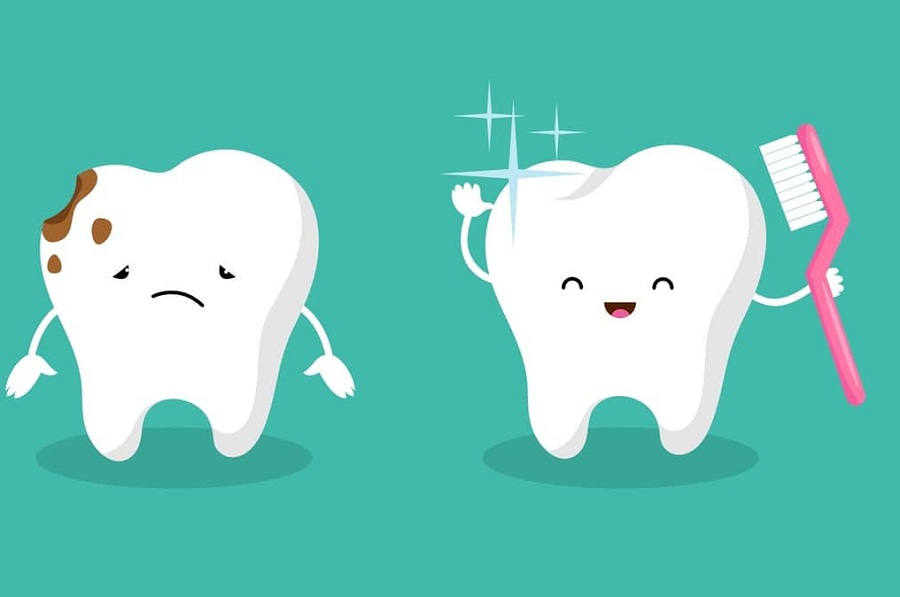
Published :
Updated :

Dental infections can cause severe pain and can prove to be gateways for triggering other systemic issues. A dental infection is usually a pus-filled area like a sac or boil, which has been caused due to bacterial activity triggered by unfavourable conditions in the oral environment. It can also be more generalised and widespread in the mouth's gum tissues.
Once initiated in the mouth, a dental infection can spread rapidly, damage the adjacent supporting structures, and even lead to eventual tooth loss. Hence it is imperative to protect your teeth from infection and spot the early signs.
Common signs of dental infection include Bleeding from the gums, pus discharge, foul odour from the mouth, foul taste in the mouth, and swelling inside or visible in the cheeks and jaw outside the mouth.
Why do dental infections occur?
"Dental infections are entirely preventable. The most common cause of dental infections is poor oral hygiene which can lead to cavities, gum disease, and other dental problems.
Patients who are compromised with diabetes or any autoimmune diseases are more susceptible.
Sometimes patients are genetically more susceptible to infections when they have had a history of dental disease in the family", Dr Diksha Tahilramani, Pain-Free Dentist Prosthodontist, Implantalogist, and Smile Design Specialist, shared with the Financial Express.
How should you treat it?
If you have been diagnosed with an infection, there are ways to treat it, including medication or certain dental procedures that can drain the infection.
"Antibiotic therapy is always the first line of treatment in an infection. Some infections are unresponsive to medication or need further physical treatment, which can be done with various dental procedures. An infection can be drained if it presents as a boil in the mouth. However, generalised gum infection will need deep gum cleaning procedures", Dr Diksha said.
She mentioned that a dental laser is very effective in treating gum infections and creating a sterile environment, and a root canal or endodontic treatment helps treat tooth-related infections. A tooth may even have to be extracted to finally get rid of a dental infection that doesn't respond to any other treatment.
Preventing teeth from infection
As they say, prevention is always better than cure, good oral hygiene is essential for keeping your teeth healthy and free from infection. Dr Diksha advised following the steps mentioned below for better dental health.
- Brush your teeth twice a day with fluoride toothpaste which helps to strengthen your tooth enamel and protects against tooth decay.
- Floss at least once a day to remove plaque and food particles from the spaces between your teeth that your toothbrush can't reach.
- Use an antiseptic mouthwash to help kill bacteria that can lead to infection.
- Eat a balanced diet that includes crunchy fruits and vegetables, which help to clean your teeth and gums. Avoid sugary and starchy foods, increasing your risk of cavities and gum disease.
- Visit your dentist for regular checkups and cleanings. Your dentist can detect early signs of infection and provide treatment before it becomes a more serious problem.
mahia.afrin2021@gmail.com


 For all latest news, follow The Financial Express Google News channel.
For all latest news, follow The Financial Express Google News channel.